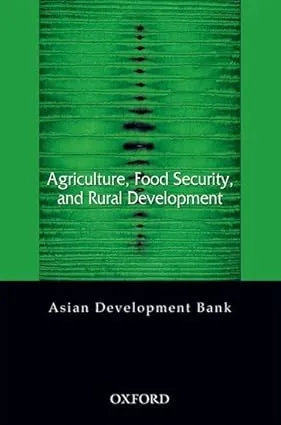In recent times, the importance of agriculture in fulfilling the basic objectives of development has been increasingly reinforced. Why does the Indian economy continue to be vulnerable to weather-induced agricultural fluctuations? Why does India have widespread poverty and malnutrition despite being self-sufficient in food production? What are the responsibilities of the state, the public sector, and civil society in redressing the agrarian crises? This volume provides answers to such questions through a comprehensive review of India's experience in agricultural development. The focus is on key policy issues related to land reforms, sustainable water use, crop diversification, disaster management, and public-private participation in agricultural investment. The volume draws lessons from agricultural policies since Independence, both in terms of their relevance for the country's future course of action and their wider significance for the developing world. Arguing that policies need to be rooted in the history, geography, and polity of the country, the essays carefully diagnose the challenges in the current scenario and offer reasoned suggestions to achieve the twin objectives of agricultural development and poverty reduction.















